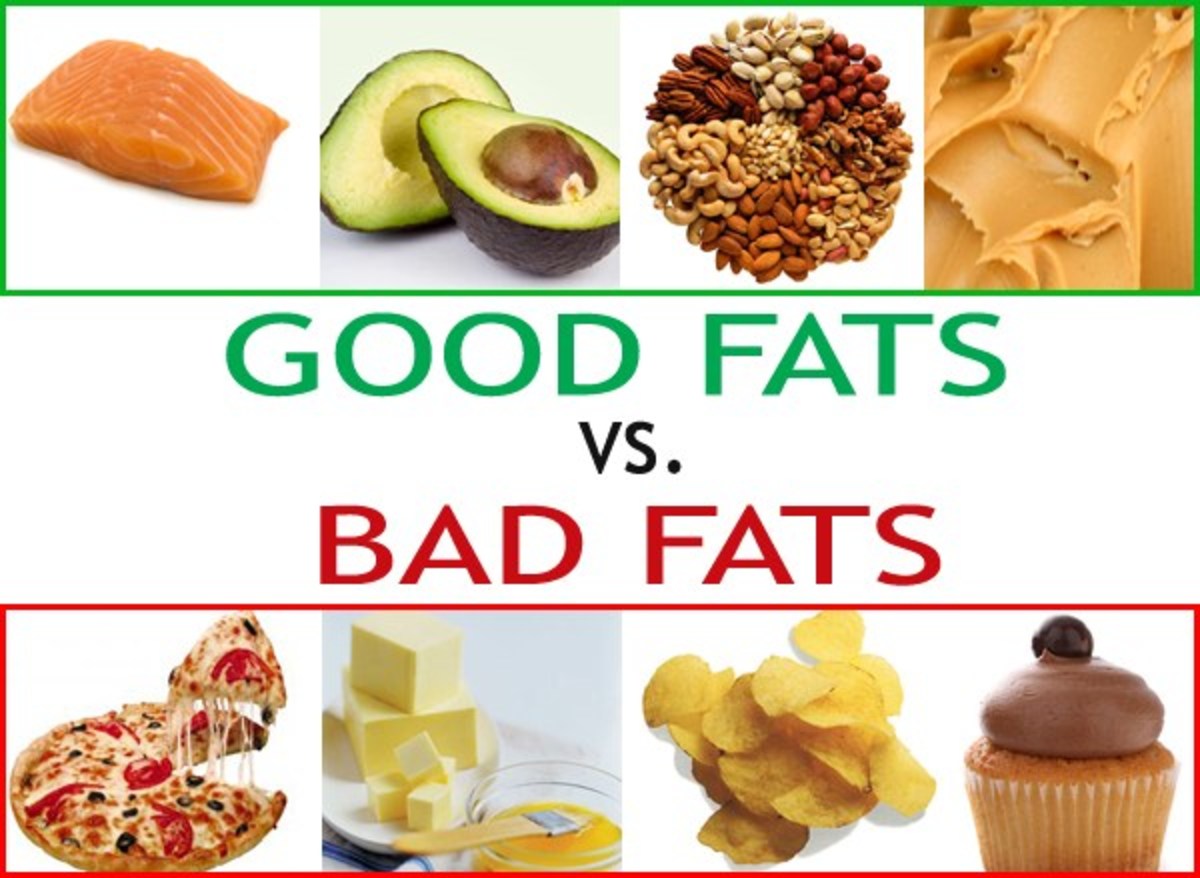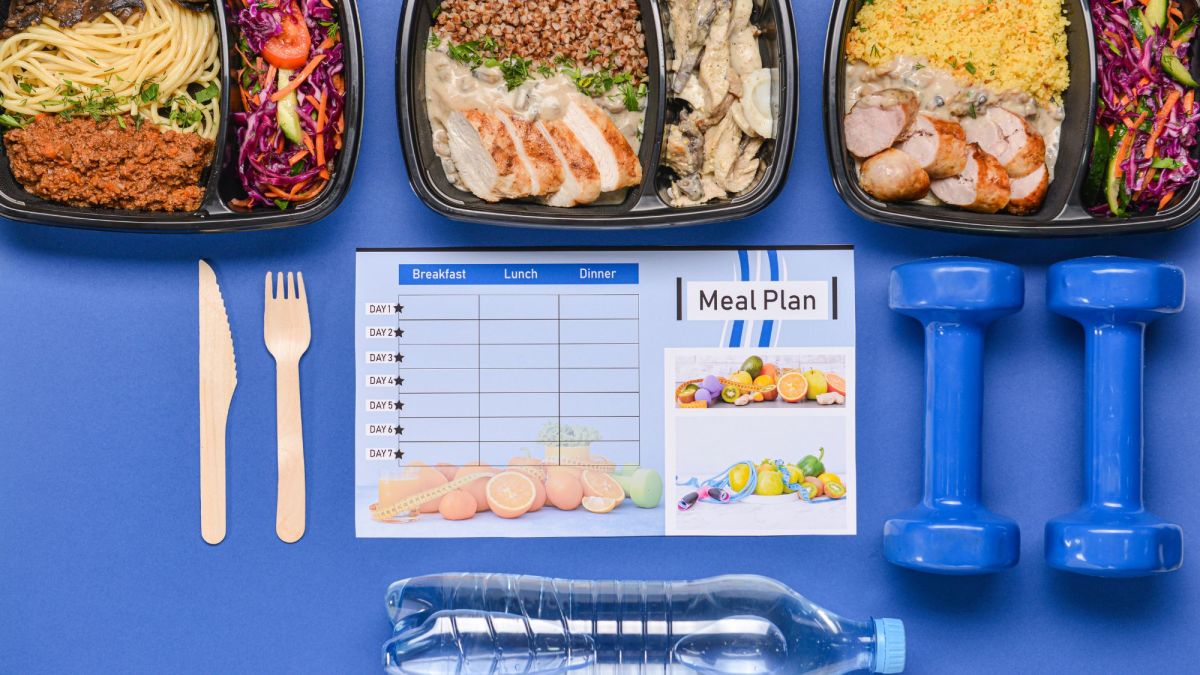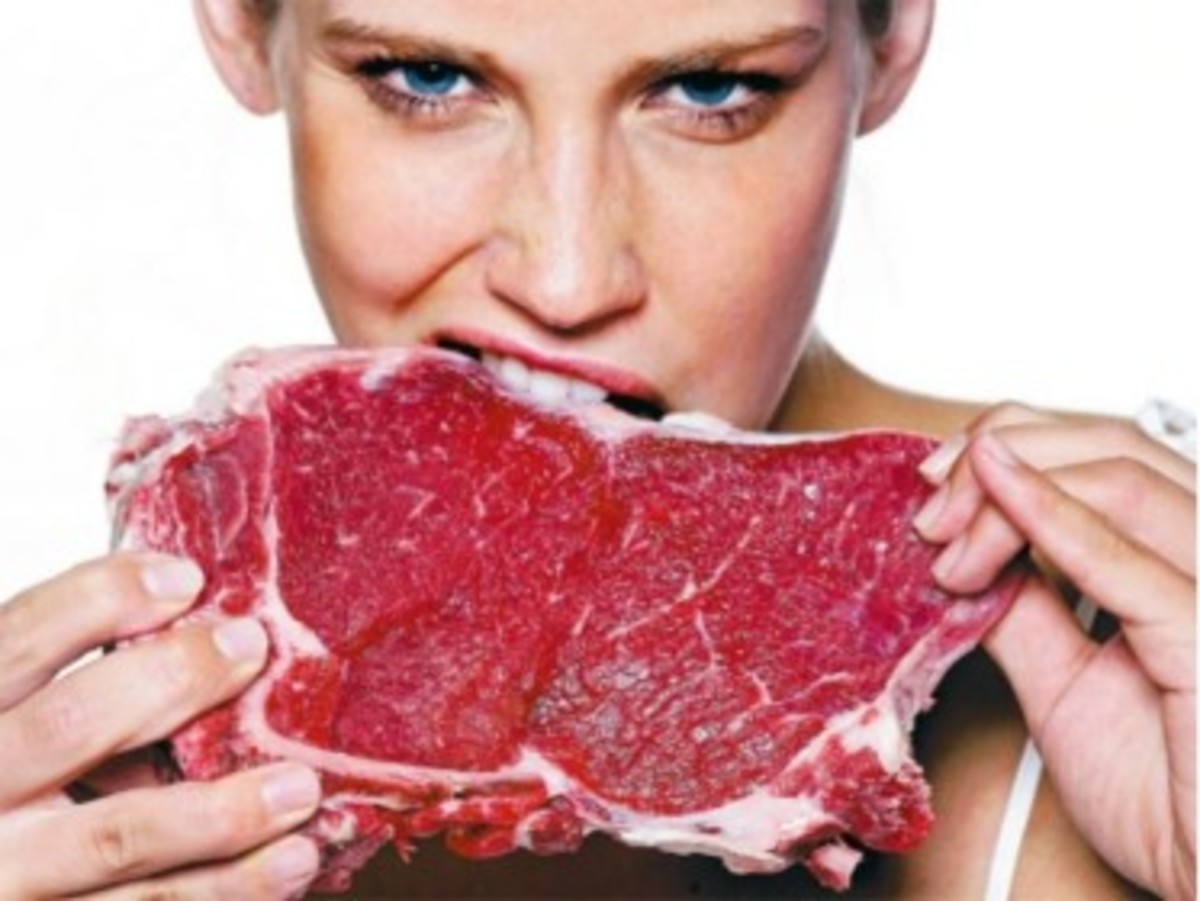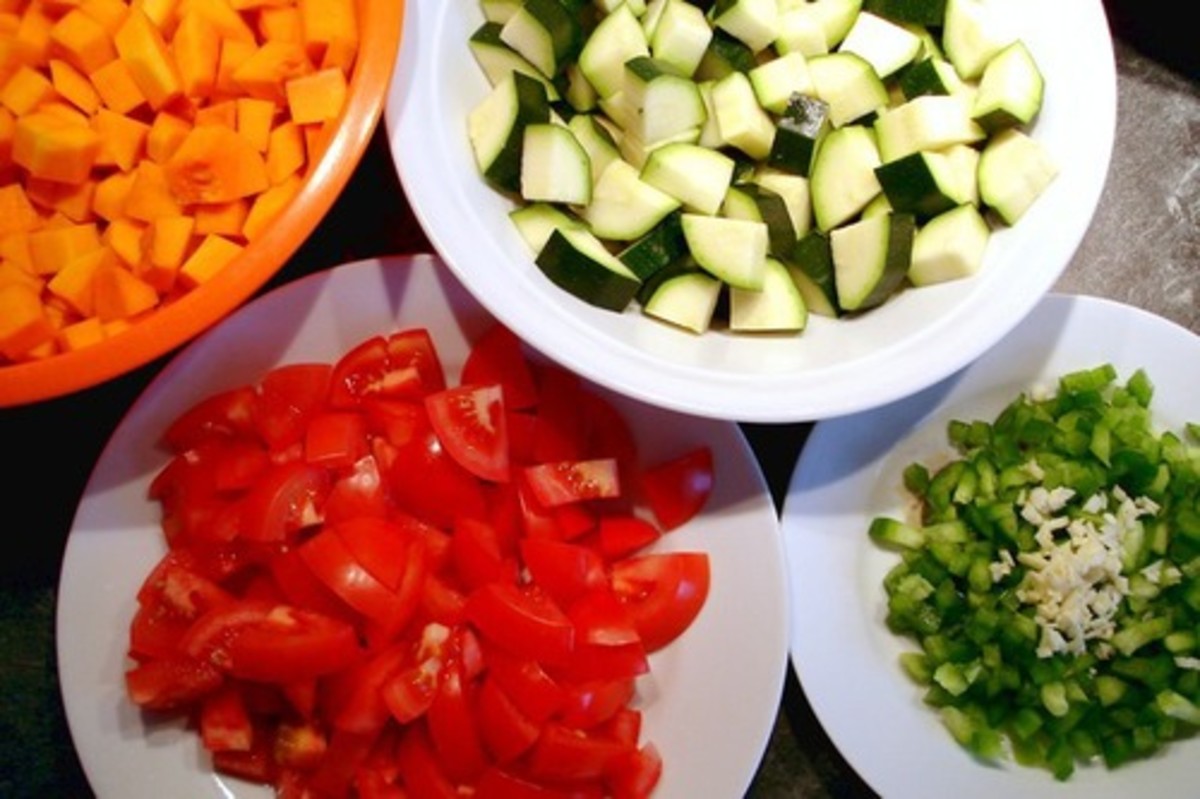- HubPages»
- Health»
- Diet & Weight Loss»
- Healthy Diets
Can You Eat Too Much Healthy Food?
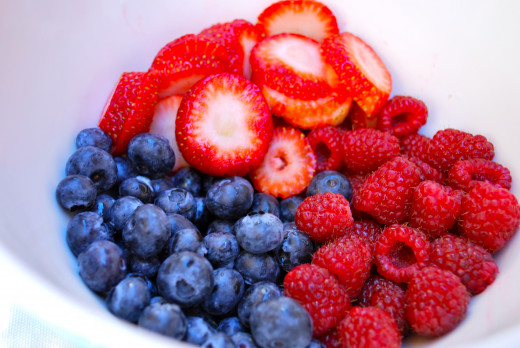
Why moderation is important
Do you remember when eggs were considered bad for us? High in cholesterol? Today, new research has found that eggs provide numerous health benefits without significantly raising blood cholesterol. Turns out the cholesterol is necessary for brain health, too.
Humor writer Erma Bombeck once lamented that with her luck, scientists would discover that lettuce makes us fat. No such study has proven this so far, thankfully, but already new studies have contradicted previous advice to eat more carrots, garlic, kale and soy. I can sense your eyebrows raising at that statement since many haven't caught up with the day's discoveries.
If makes me wonder if further findings could come out with startling news that bacon is the new superfood and French fries speed up our metabolism. Since I can't wait for future studies to tell me what to eat now, it makes sense to eat in moderation.
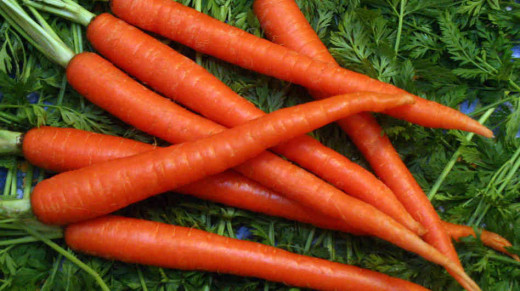
Good for you? Bad for you? Both?
Even good foods can be bad in excess. Here are some examples:
Good for supplying vitamins, minerals and protein: Eggs.
Bad for increasing compounds that increase risk of heart attack and stroke: Too many eggs.
Good for reducing menopause-like symptom: Soy.
Bad for thyroid, breast cancer, hormone imbalance, kidney stones: Too much soy.
Good for lowering stroke risk, bacterial infection, thinning blood: Garlic
Bad for hemorrhaging, iron absorption: Too much garlic.
Good for the heart: Red wine.
Bad for the liver: A lot of red wine.
Good for the eyes: Carrots.
Bad for the lung cancer, metabolism, bone/skin health: Too many carrots.
Good for lowering cancer risk: Green, leafy kale.
Bad for iron levels (toxicity): Too much kale.
Good for vitamins, minerals, antioxidant intake, fiber: Fresh fruit.
Bad for glucose levels: A lot of resh fruit.
Good for cell function: Water.
Bad for cell function: Too much water.
You get the picture. Too much of anything become bad for you.
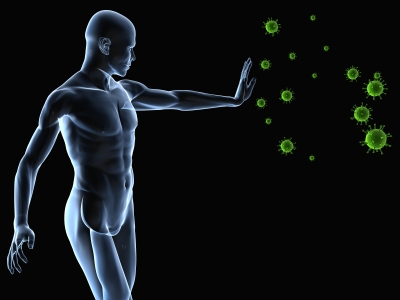
The Body's Defenses
On the other hand, your body is designed to process and excrete minute traces of harmful, even toxic, agents. The tiny hairs in your nostrils, the cilia in your lungs, the sweat that pours out of your skin work to flush out anything that threatens your homeostasis, the natural balance at which your human body functions at an optimal level. White blood cells seek out, isolate and destroy viruses and bacteria in your bloodstream. The liver and kidneys screen out the most harmful toxins that make their way into your digestive tract.
But every body has a threshold at which their organs can be overwhelmed with poisons so they no longer can perform their tasks.
Doctors now see how drinking a glass of red wine a day can provide protective benefits for the heart. But too many people believe that if a little can be good for you, then more must be great. Just not so.
Consider this example of a person who drinks too much alcohol. The alcohol in his bloodstream travels throughout his system. The liver and kidneys step up, trying to remove the alcohol, and if the drinker eats at the same time he drinks, the food will slow down the absorption of alcohol. On the other hand, if he pounds down more and more alcohol, at some point, his body will send a danger signal to the brain which will prompt the stomach to vomit out the poison which it is at this quantity. His organs cannot function; he passes out. The liver and kidneys continue to toil while he sleeps off the effects. When he comes too, his brain will punish him with fogginess and pain. This time, his liver and kidneys prevailed but should he repeat this misuse of his body, they'll suffer irreparable damage.
So, a little red wine: good. Too much red wine: bad. Your body can safely handle moderate amounts of anything.
Nothing safe to eat?
Ancients have been stating the wisdom of moderation in all things since the beginning of mankind but in our fervor to expand our lifespans, shrink our waistlines and stave off frightening physical and mental diseases, we leap to any extreme that promises us better health and a better-looking body.
I, myself, began to avoid all grain after I read the latest no grain theories by Drs. Perlmutter and Mercola. Then, I omitted fruit and legumes after I heard about the diabetes reversal programs. Not wanting to contribute to the maltreatment of livestock, I decided to skip meat, dairy, eggs. Most fish are, horrors, farm-raised on grain while the wild caught fish have been swimming in the open sea where they absorb mercury through their skin. My only protein source was soy until I read the dangers of genetically modified soy. There was little left for me to eat.
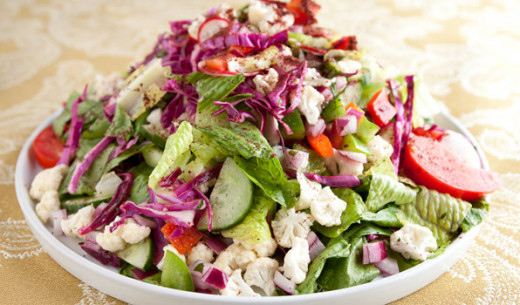
Too much salad?
In desperation, I sent to an all-you-can-eat salad bar and gorged on all sorts of healthy, fresh vegetables. My bloated stomach told me that it turns out you can get too much of good things. Even the good stuff should be consumed in moderation.
Instead of fretting over what to avoid, I see the wisdom in taking my diet one meal at a time, making healthful choices, eating moderate amounts. So what about the meat, fish, soy, fruit, legumes, eggs and dairy? A little bit now and then shouldn't kill me. (Of course, it does kill the animals and I haven't reconciled my feelings about that.)
Meanwhile, I feel at peace avoiding overly processed foods. That, we can agree, is a good thing. Can you eat processed foods in moderation? Maybe you can, but I never could eat just one Cheeto so it's probably in my best interest to reach instead for a small handful of nuts.
Do you in moderation?
What are your food habits?
Be aware of your food habits
For much of my life, I didn't give a healthy diet much thought. I loved food and delighted in every type. But as I aged, my body sent signals that it was time to slow down with all the processed foods. Some of the chemicals is viewed by the body as foreign matter, even toxic. It's time to be kinder to my kidneys and liver. After all, they worked hard and served me well for my entire life so far.
Today, I eat small portions of healthy foods. As my stomach shrunk, so did my appetite and cravings.
Dr. Amen's Interview on The Huffington Post
- Daniel Amen, MD, Offers Advice On Brain Health In New Book
What if the fountain of youth was right in front of you ... on your dinner plate? According to Dr. Daniel Amen, author of the newly released book "Use Your Brain To Change Your Age," that may just be the case.
Dr. Amen's Eat Less Advice
World renown Dr. Daniel Amen, author of "Change Your Brain, Change Your Life, says studies now show that longevity was extended and brain health enhanced when subjects at 30 percent less than the control group.
It doesn't matter if you're eating only good food, he says, because you must eat less over all. "Only put clean, whole, quality, unprocessed foods in your body," he says. "If you had a million dollar racehorse, would you feel him junk feed? Of course not. But you're far more value than a racehorse."
Everyone should try to consume about 500 fewer calories than needed for his particular body type, according to his research. You can read more on his interview on The Huffington Post.
Moderation in Eating
What about you?
I encourage you to share your eating habits here and let me know how you manage to maintain a healthy level of moderation in what you eat.

